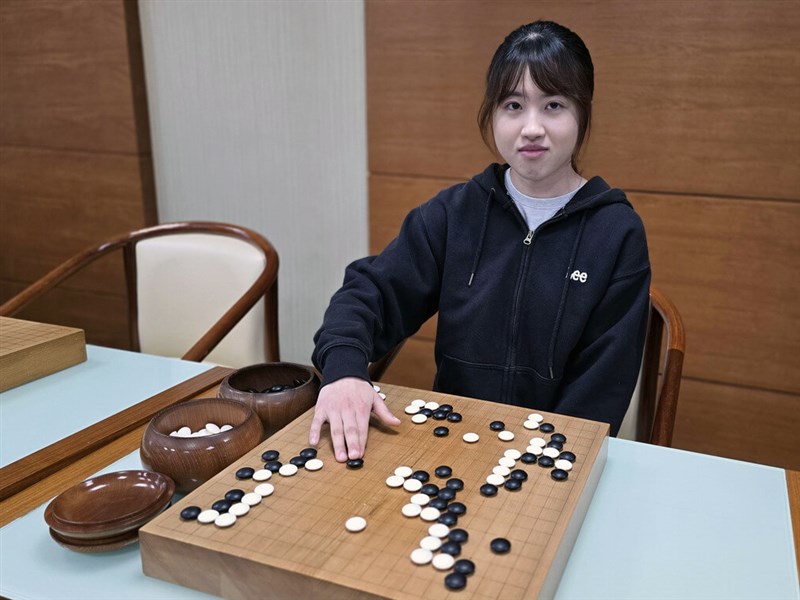INTERVIEW / What Jensen Huang's biographer sees: AI visionary, relentless leader, goofy dad
02/06/2025 09:19 PM
In an artificial intelligence (AI)-driven world largely powered by the chips of Nvidia, the history and blueprint of the Silicon Valley chip giant founder Jensen Huang (黃仁勳) is considered by many to be every bit as interesting as that of his world-leading company.
(Full text of the story is now in CNA English news archive. To view the full story, you will need to be a subscribed member of the CNA archive. To subscribe, please read here.)
More in INTERVIEW
-
![Philippines envoy urges crackdown on 'bad brokers,' backs direct hiring center plan]() Philippines envoy urges crackdown on 'bad brokers,' backs direct hiring center planThe Philippines' top envoy to Taiwan said authorities on both sides should crack down on unscrupulous brokers who overcharge migrant workers, and welcomed Taiwan's plan to open its first overseas direct recruitment center in Manila as a way to foster competition.02/17/2026 02:48 PM
Philippines envoy urges crackdown on 'bad brokers,' backs direct hiring center planThe Philippines' top envoy to Taiwan said authorities on both sides should crack down on unscrupulous brokers who overcharge migrant workers, and welcomed Taiwan's plan to open its first overseas direct recruitment center in Manila as a way to foster competition.02/17/2026 02:48 PM -
![Transcending runner-up label: Go player Yang Tzu-hsuan's not-too-late comeback]() Transcending runner-up label: Go player Yang Tzu-hsuan's not-too-late comebackAmong women currently active on Taiwan's professional Go circuit, six-dan pro Yang Tzu-hsuan (楊子萱) stands out as one of the board game scene's most representative figures.02/16/2026 10:52 AM
Transcending runner-up label: Go player Yang Tzu-hsuan's not-too-late comebackAmong women currently active on Taiwan's professional Go circuit, six-dan pro Yang Tzu-hsuan (楊子萱) stands out as one of the board game scene's most representative figures.02/16/2026 10:52 AM -
![Filipino workers' well-being, investment ties top priorities: Envoy]() Filipino workers' well-being, investment ties top priorities: EnvoyCorazon Avecilla-Padiernos, the Philippines' new top envoy to Taiwan, said her priorities are safeguarding the well-being of Filipino workers in Taiwan and deepening economic ties between the two sides.02/13/2026 05:51 PM
Filipino workers' well-being, investment ties top priorities: EnvoyCorazon Avecilla-Padiernos, the Philippines' new top envoy to Taiwan, said her priorities are safeguarding the well-being of Filipino workers in Taiwan and deepening economic ties between the two sides.02/13/2026 05:51 PM
Latest
-
Society
Boy dies after pedal boat capsizes at Liyu Lake in Hualien
02/19/2026 08:08 PM -
Society
Penghu magistrate's condition improving after surgery: Hospital
02/19/2026 06:09 PM -
Society
Taipei warns residents as landfill fire smoke drifts across districts
02/19/2026 02:48 PM -
Society
Taiwan headline news
02/19/2026 02:28 PM -
Politics
Ex-recruits look back as alternative diplomatic service phased out
02/19/2026 12:27 PM


